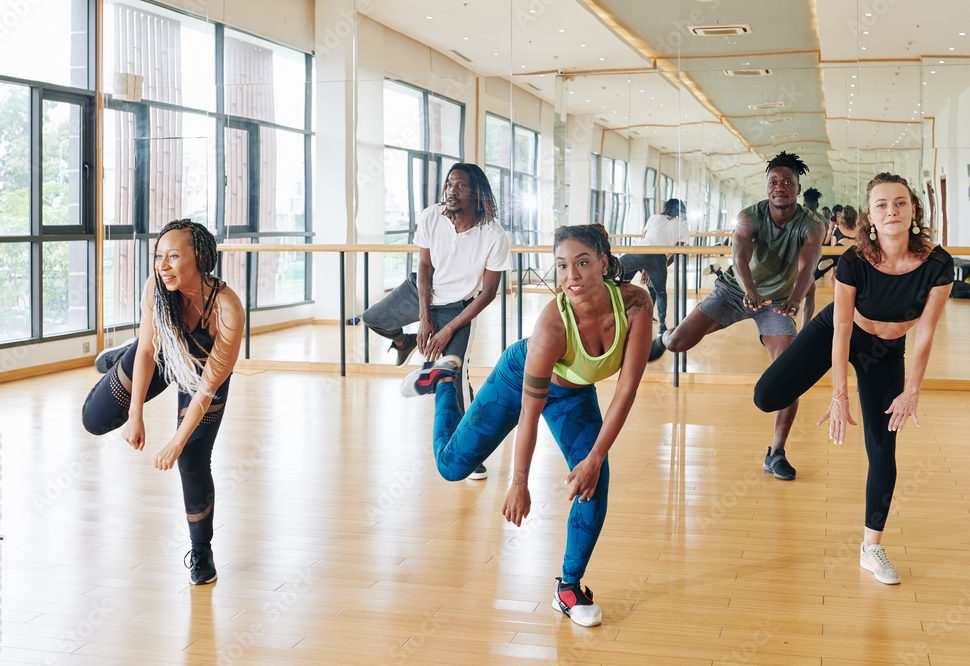Embarking toward enhanced mental well-being involves more than just a physical workout. This guide explores the profound impact of exercise on stress reduction and overall mental health, providing actionable tips to incorporate into your routine.
1. Exercise: The Ultimate Stress-Buster.

Recurring physical exercise has been confirmed to be a potent stress reliever. Exercise helps regulate cortisol levels, the hormone associated with stress, and facilitates the production of endorphins, your body’s natural mood lifters.
Pro Tip: Incorporate a mix of cardiovascular exercises like running, cycling, or swimming and mind-body exercises such as yoga or tai chi for comprehensive stress management.
2. Stress: Identifying and Tackling the Silent Culprit.
Understanding stress is the first step in combating it. Identify stress triggers and implement targeted strategies to manage them effectively. Mindfulness and deep breathing exercises are invaluable tools in stress reduction.
Pro Tip: Practice gratitude daily; it's a simple yet powerful way to shift focus from stressors to positive aspects of life.
3. Mental Well-Being: A Holistic Approach.
Optimal mental well-being encompasses more than just the absence of stress. It involves cultivating a positive mindset, emotional resilience, and a sense of purpose. Exercise plays a crucial role in attaining and maintaining holistic mental health.
Pro Tip: Explore various forms of exercise to find what brings you joy and fulfillment, promoting sustained mental well-being.
4. The Transformative Power of Sweat.
Sweating during exercise shows that your body works hard, releases toxins, and promotes overall health. Embrace the sweat as a symbol of your commitment to well-being.
Pro Tip: Stay hydrated to support your body's natural cooling system and maximize the detoxifying benefits of sweating.
5. Well-Being: Nurturing Your Body and Mind.
Well-being is a holistic concept that intertwines physical and mental health. Regular exercise contributes to improved cardiovascular health, enhanced mood, and increased energy levels.
Pro Tip: Prioritize sleep as an integral component of overall well-being; quality rest complements the positive effects of exercise.
6. Tips for a Mindful Exercise Routine.
– Mindful Movement: Pay attention to your body’s movements and sensations during exercise. Mindful engagement enhances the mental benefits of physical activity.
-Socializing and Exercise: Combine socializing with exercise by joining group classes or walking clubs. The social aspect adds a layer of joy and motivation.
– Variety is Key: Keep your routine diverse to prevent monotony. Trying new activities keeps both your body and mind stimulated.
7. Cardiovascular Health: Beyond the Physical.

Cardiovascular exercises strengthen your heart and contribute significantly to stress reduction. A healthy heart supports overall well-being and resilience against stress-related illnesses.
Pro Tip: Aim for at least 130 minutes of moderate-intensity aerobic exercise per week for optimal cardiovascular health.
8. Endorphins: The Feel-Good Hormones.
Exercise initiates the release of endorphins, the body’s natural mood enhancers. Bask in the positive feelings post-workout and leverage this natural high to counteract stress.
Pro Tip: Schedule exercise during times when you need a mood boost, such as in the morning, to kickstart your day.
9. Socializing: A Double Dose of Well-Being.
Combine the benefits of social interaction with exercise. Engaging in physical exercises with buddies or family provides accountability and enhances the joy derived from the experience.
Pro Tip: Choose activities encouraging social engagement, like team sports or partner workouts.
10. High-Intensity Interval Training (HIIT): Maximizing Efficiency
HIIT is a time-efficient exercise strategy alternating between short bursts of intense activity and brief rest periods. This method not only burns calories effectively but also promotes mental sharpness.
Pro Tip: Incorporate HIIT sessions into your routine, customizing them based on your fitness level and preferences.
11. Deep Breathing Exercises: Calming the Mind.
Pair your exercise routine with deep breathing exercises. This combination enhances the relaxation response, fostering a calm and centered mind.
Pro Tip: Practice deep breathing during cool-down sessions or as part of your post-exercise routine.
12. Dance: Expressive Joy and Physical Well-Being.

Dance is a delightful way.
To exercise, combining rhythmic movement with self-expression. Whether you prefer structured dance classes or freestyle sessions, dancing elevates your mood and contributes to your overall well-being.
Pro Tip: Create themed playlists for your dance sessions, infusing an extra element of enjoyment.
Merging these tips into your exercise routine can significantly reduce stress and foster optimal mental well-being. Remember, the key is to find activities that bring you joy and make them a consistent part of your lifestyle.















[…] Healthy lifestyle practices, including stress management techniques, regular exercise, and prioritizing quality sleep, contribute to a positive menstrual […]